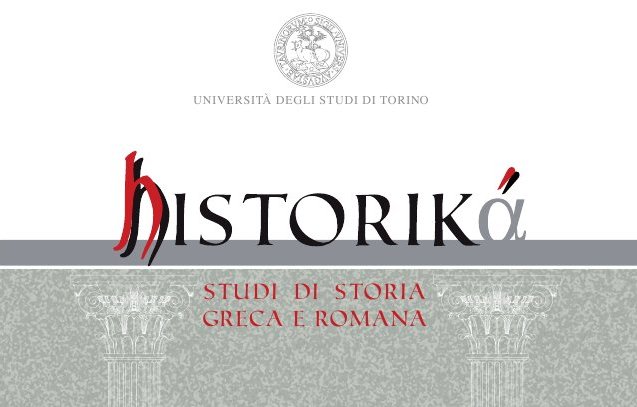Cornelius homo non improbus, sed iusto pertinacior. Per una interpretazione dell’operato del tribuno Gaio Cornelio
DOI:
https://doi.org/10.13135/2039-4985/3464Abstract
Il processo per maiestas celebrato contro Gaio Cornelio, tribuno della plebe del 67, rappresenta un esempio paradigmatico delle complesse dinamiche della lotta politica tardorepubblicana. Attraverso l’analisi del racconto di Cassio Dione e dei frammenti delle orazioni Pro Cornelio di Cicerone, commentati da Asconio Pediano, ci si propone di indagare gli obiettivi dell’azione politica di Cornelio, volta a tutelare gli equilibri politico-istituzionali della libera res publica rispetto alla volontà del Senato di ampliare il proprio raggio di azione e ai tentativi crescenti di gestione personalistica del potere, corroborati dal favore popolare.
In 65 Caius Cornelius, tribunus plebis of 67, was charged under the lex Cornelia de maiestate; this trial and, more generally, the evaluation of Cornelius’s action can be considered in many ways paradigmatic. Through the analysis of Cassius Dio and the fragments of Cicero’s Orationes pro Cornelio, commented by Asconius Pedianus, I am going to focus on Cornelius’s political action; probably, Cornelius realized that serious risks to the republican establishment could come not only from the attempts by the Senate to claim for itself wider prerogatives, but also from an increasingly personalistic management of power, corroborated by popular favor.
Downloads
Published
Issue
Section
License
The authors who publish in this magazine accept the following conditions:
a) The authors retain the rights to their work and assign the right of first publication of the work to the magazine, simultaneously licensed under a Creative Commons License - Attribution that allows others to share the work indicating intellectual authorship and the first publication in this magazine.
b) Authors may adhere to other non-exclusive license agreements for the distribution of the version of the published work (e.g. deposit it in an institutional archive or publish it in a monograph), provided that the first publication has taken place in this magazine.


 The journal has been approved for inclusion in DOAJ. The DOAJ listing of the journal is available at
The journal has been approved for inclusion in DOAJ. The DOAJ listing of the journal is available at 

